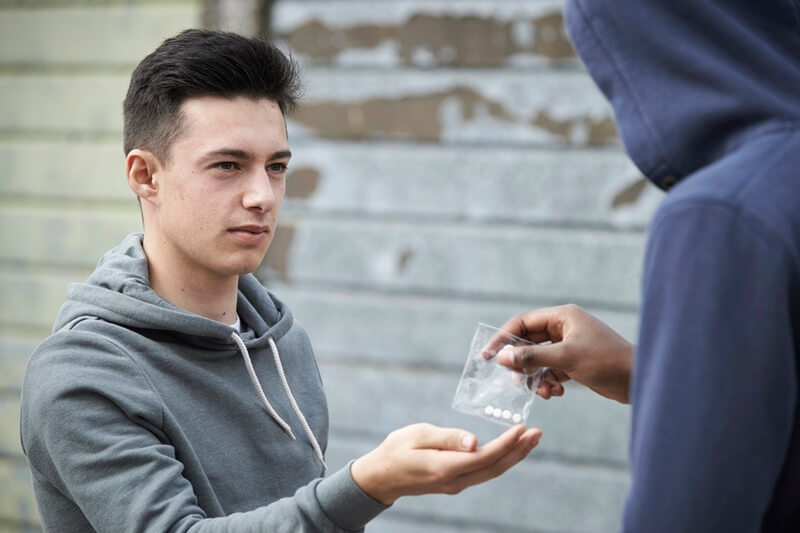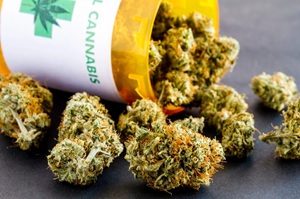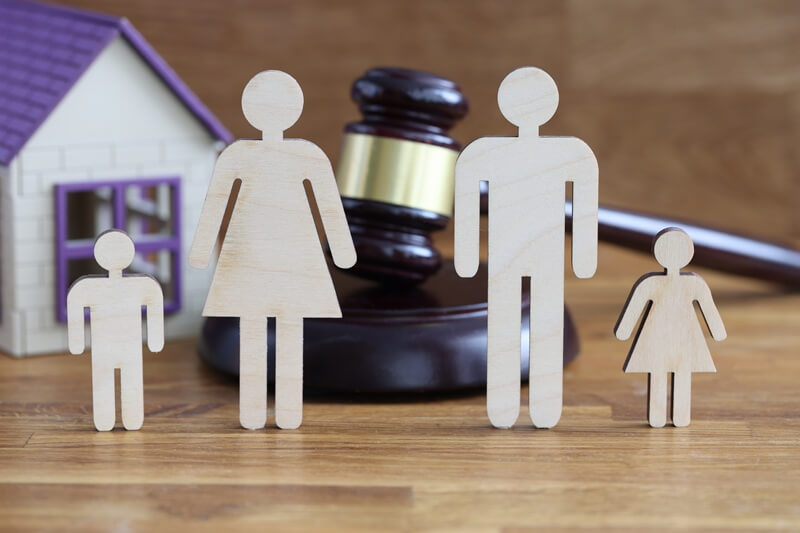What Can You Do If You’re Arrested For Drug Possession?
What Can You Do If You’re Arrested For Drug Possession?
An arrest for drug possession can leave you feeling confused and anxious about the future. It’s easy to lose direction because of the fear of legal penalties, uncertainty about the next steps, and pressure to act quickly. Knowing how to navigate this legal hurdle and what actions to take immediately can help you regain control of your situation.
The following sections guide you through what to do when facing a drug possession charge. You’ll learn what Virginia’s drug laws mean for your case and the critical actions to take after an arrest. Discover how a drug charge lawyer can strengthen your defense and protect your rights.

Drug Possession Charges In Virginia
Virginia’s drug possession laws impose strict regulations on controlled substances. The state prohibits individuals from possessing controlled substances without a valid prescription or legal authorization. The law does not provide exceptions for accidental or unintentional possession, so understanding how substances and charges are classified is critical.
Controlled substances are categorized into six schedules depending on their potential for abuse. Schedule I substances, such as LSD and heroin, are deemed the most dangerous with no accepted medical use. At the other end, Schedule VI includes substances with minimal potential for abuse, like certain over-the-counter medications when misused. Each classification directly impacts the severity of charges and penalties.
Understanding the charge against you is a critical first step in preparing a defense. Knowing the law and its implications is just the beginning. What you do immediately after an arrest can significantly impact your case.
Immediate Steps To Take Following An Arrest
Every decision you make when facing an arrest, from your words to your actions, can either strengthen or complicate your defense. By following specific steps, you protect your rights and make your path forward more manageable.
Stay Calm & Cooperative
Staying calm is your first line of protection when confronted by law enforcement. While an arrest can be emotionally charged, maintaining composure helps prevent escalation. Avoid arguing, resisting, or acting aggressively, as these actions may result in additional charges like obstruction or assault. Being polite and cooperative shows maturity and keeps the focus on the issue at hand.
Exercise Your Right To Remain Silent
When questioned, calmly inform officers that you choose not to answer questions without the presence of legal counsel. Avoid explaining or justifying your actions, as anything you say can be used against you in court. Silence protects your case from being compromised by statements made under stress or without fully understanding the charges.
Request Legal Representation
Once arrested, asking for an attorney is one of the most protective steps you can take. They act as a shield, helping you understand your rights and avoid pitfalls that could worsen your situation. Never sign documents or agree to plea deals without consulting a criminal lawyer. Early legal guidance can lay the groundwork for a stronger defense strategy.
Exercise Caution With Search Requests
Your Fourth Amendment rights protect you from unlawful searches. Unless law enforcement has a valid warrant, avoid consenting to searches of your person, property, or vehicle. Calmly and respectfully assert this right if officers request a search. Consenting without legal counsel present can make it harder to challenge evidence later.
Understand The Bail Process
After an arrest, securing release through bail allows you to prepare for your defense outside custody. The court considers factors such as the severity of the charge and prior criminal history when setting bail amounts. Contacting an attorney helps expedite the process. Legal representation can also advocate for reduced bail or alternative conditions, such as release on your own recognizance.
Document The Incident
Details can become blurred as time passes, making immediate documentation invaluable. After your release, take time to record everything you remember about the arrest, including officer names, witness information, and any statements made. This can provide a foundation for your attorney to challenge discrepancies or build a defense tailored to your situation.
Avoid Discussing Your Case
Conversations about your case should remain strictly between you and your attorney. Sharing details with friends, family, or even on social media can unintentionally harm your defense. Well-meaning advice or assumptions from others might lead to inconsistent statements or undermine your credibility.
Following these steps can increase your likelihood of achieving a favorable result. However, understanding what’s at stake should also inform your actions moving forward. The possible outcomes of a conviction can extend far beyond the courtroom.
Potential Consequences Of A Conviction
In Virginia, penalties for simple drug possession increase as the controlled substance’s classification rises. For example, possessing Schedule VI drugs is a Class 4 misdemeanor, which can result in a maximum fine of $250. However, possessing Schedule I or II substances is a Class 5 felony, carrying a prison sentence of one to 10 years and a fine of up to $2,500.
Even after serving your sentence, the consequences of a drug-related conviction can follow you for years. Employers, landlords, and licensing boards typically conduct background checks, and a past guilty verdict can disqualify you from opportunities. Social stigma can also make rebuilding your life challenging.
The potential fallout from a drug possession conviction underscores the critical role of having an attorney well-versed in Virginia’s laws. They protect your rights during legal proceedings and craft a defense strategy tailored to your case, potentially reducing penalties. With so much on the line, securing skilled legal guidance is essential to protecting your future.
The Irving Law Firm Fights For You

Facing a drug possession charge can leave you feeling isolated and unsure of where to turn. At The Irving Law Firm, we understand the anxiety and confusion you’re experiencing, and we’re here to help you take back control. Our criminal defense attorneys work diligently to safeguard your rights and help you move forward confidently.
With extensive experience in drug possession defense in Manassas, our team thoroughly evaluates cases to identify and challenge weak evidence. We aim for dismissals or acquittals when possible, but if the evidence is strong, we fight for reduced charges or diversion programs. Every defense strategy is personalized to align with your specific circumstances.
We maintain clear communication and take a proactive approach throughout the process. From the initial consultation to the resolution of your case, our team works to minimize the impact of the charges and protect your future. Let us stand by your side and pursue an advantageous outcome for your case.
Summary
A drug possession charge in Virginia carries serious consequences that can impact your life for years. Taking the proper steps immediately after an arrest, like staying calm and cooperative, requesting an attorney, and avoiding self-incrimination, can strengthen your case. Understanding your rights and having proper legal support are essential to reducing the impact of your charges.
The Irving Law Firm provides dedicated support during this difficult time. We challenge evidence, negotiate terms, and pursue alternative resolutions to safeguard your rights and future. Don’t leave your case to chance. Contact us today to begin building a solid defense.




